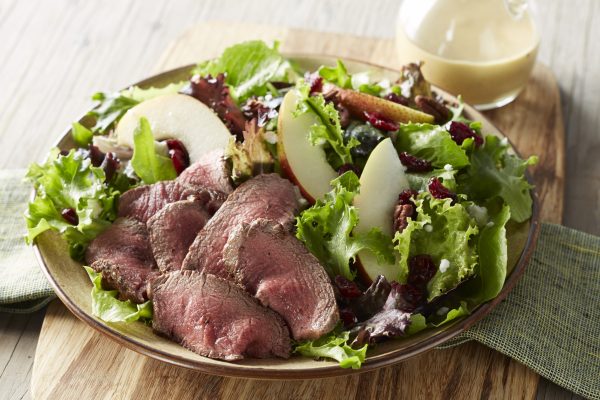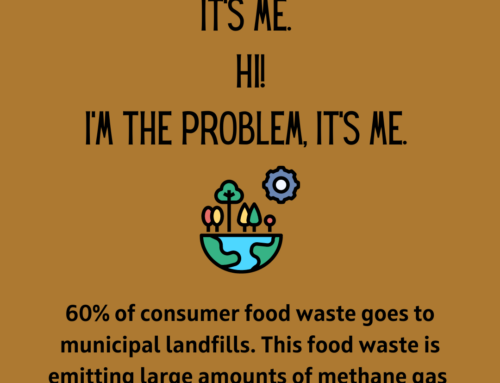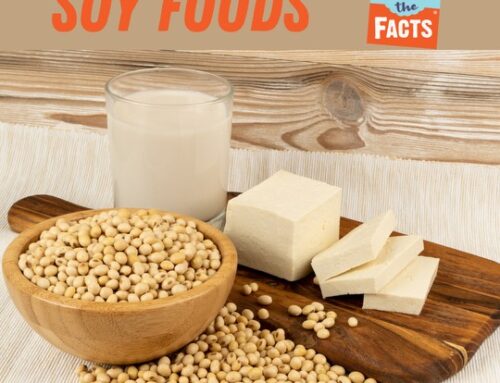News of meat and other food shortages this week follows earlier news of the effect the SARS-CoV-2 virus has had on the food supply. Currently there is some disruption of workforce within the beef supply chain. Processing within the beef packing industry, is causing some slowdown in the processing chain. This may affect what you see at your grocery stores, depending on where you live.

Supply Chains and Temporary Rationing
Prior to the pandemic, thoughts about the food supply chain may have never crossed your mind. Consumers and businesses alike are now discovering just how critical supply chains are to our physical and economic health as a country. Some packing facilities are currently reportedly operating at reduced efficiency while others are temporarily shut down due to COVID19 illnesses.
There’s currently no shortage of beef. The supply chain has also been impacted by restaurants closed to in-house customers. The National Cattlemens Beef Association (NCBA) have been able to reorganize some distribution to get beef products intended for foodservice into retail where it was needed most. With restaurants operating at reduced capacity, an increased demand for meat is now found in consumer outlets. Therefore, you may see some out-of-stocks at retail grocery stores due the demand in that segment. However foodservice products have made their way into some retail outlets and will continue to get stocked.
Some retailers may limit beef purchases per customer. And some cuts may be unavailable (you can easily substitute different cuts into your recipes, if you’re not finding exactly what you need).
Food Safety
Food safety must also be enforced and maintained through this crisis. There is some disagreement within the industry concerning a bill titled the PRIME Act (Processing Revival and Intrastate Meat Exemption). This Act is a proposed amendment to the Food Safety Inspection Service (FSIS). The NCBA does not support it, primarily because it would allow for the commercial sale of non-inspected meat products.
“We cannot afford to down-grade beef inspection in this country, consumers around the globe trust the safety and wholesomeness of U.S. beef because of the interlocking food safety protocols that have been put in place as a result of federal and state-equivalent inspection programs. Continuing to build upon the trust that both producers and consumers place in our products is important and although we are in a time of national crisis, our industry cannot afford any measure that has the potential to weaken demand or trust in beef.” ~ Colin Woodall, Chief Executive Officer of the National Cattlemen’s Beef Association
It’s important to note that unlike the situation in some other livestock industries, beef herds are not being euthanized. Animals are being held and are put on a “maintenance ration” to maintain health and weight. Some are also grazing. However holding the extra animals does comes at a cost for the producers, which could in turn be passed to consumers.
Meat Processing and Inspection
The Wholesome Meat Act, passed in 1967, required producers to use a USDA-inspection facility for processing if they wish to sell meat directly to consumers, restaurants, and grocery stores. Currently, 27 states have state inspection programs that are fully equivalent to the U.S. Department of Agriculture FSIS and allow for the intrastate sale of meat products.
Some smaller processors have had personal issues with the Wholesome Meat Act over the years, claiming it prohibits small intrastate operations. Their other “beef” with it is that it has allowed big processors to take over. However, of the 6,000 plants inspected by FSIS, more than 90% are considered small or very small. The USDA already assists those plants with a variety of food safety issues. In addition, every state with an inspection system can participate in the Cooperative Interstate Shipment program. This program is designed to allow small and medium-sized state-inspected plants to ship product in interstate commerce.
The PRIME Act
The PRIME Act was first introduced in 2015. If passed, the PRIME Act would allow for custom slaughter facilities to waive inspection. In other words, regulated observation of the slaughtering and an ante mortem and post mortem inspection of the animals would not be required. That seems to open up an operation for a lot of potential food safety issues and inconsistencies across the country.
The PRIME Act is pitched by its supporters as a way to open up independent meat processors at this crucial time. It may seem tempting, but it's not so simple. Click To TweetThere currently are situations where it’s permissible to process meat without inspection. These would include a local butcher or custom-exempt meat processing facilities. When the meat is for personal, household, guest, or employee use, these operations are excused from continuous inspection. Federal or state-inspected operations require government officials to be on the premises. These small operations are inspected once or twice a year. The rationale for minimal oversight in a custom slaughter industry is that the food safety risk to the general public is low. Consumers of the meat are also generally aware of its origins (such as a case where you purchase a cow or lamb are from a county fair).
Looking Ahead
It’s often said we learn from our mistakes. Consistent food processing inspection and adherence to food safety regulation is crucial to the safety of our food supply. It would seem to me that there could be a better solution here with modifications to the current processing model. I definitely don’t think it’s a good idea to remove the federal inspection requirement for operators, as the current PRIME Act suggests. In some cases, this could mean there could be no oversight or inspection.
However, the fact that a few larger plants process most of the meat delivered across the country seems less than ideal. Perhaps decentralizing this system into smaller plants should be considered going forward. This seems even more apparent given the current bottleneck situation. Due to COVID outbreaks in a few large plants, product is backing up for processing.
This situation will continue to evolve. I’ll research more about this and other concerns within the food supply in a future post.




